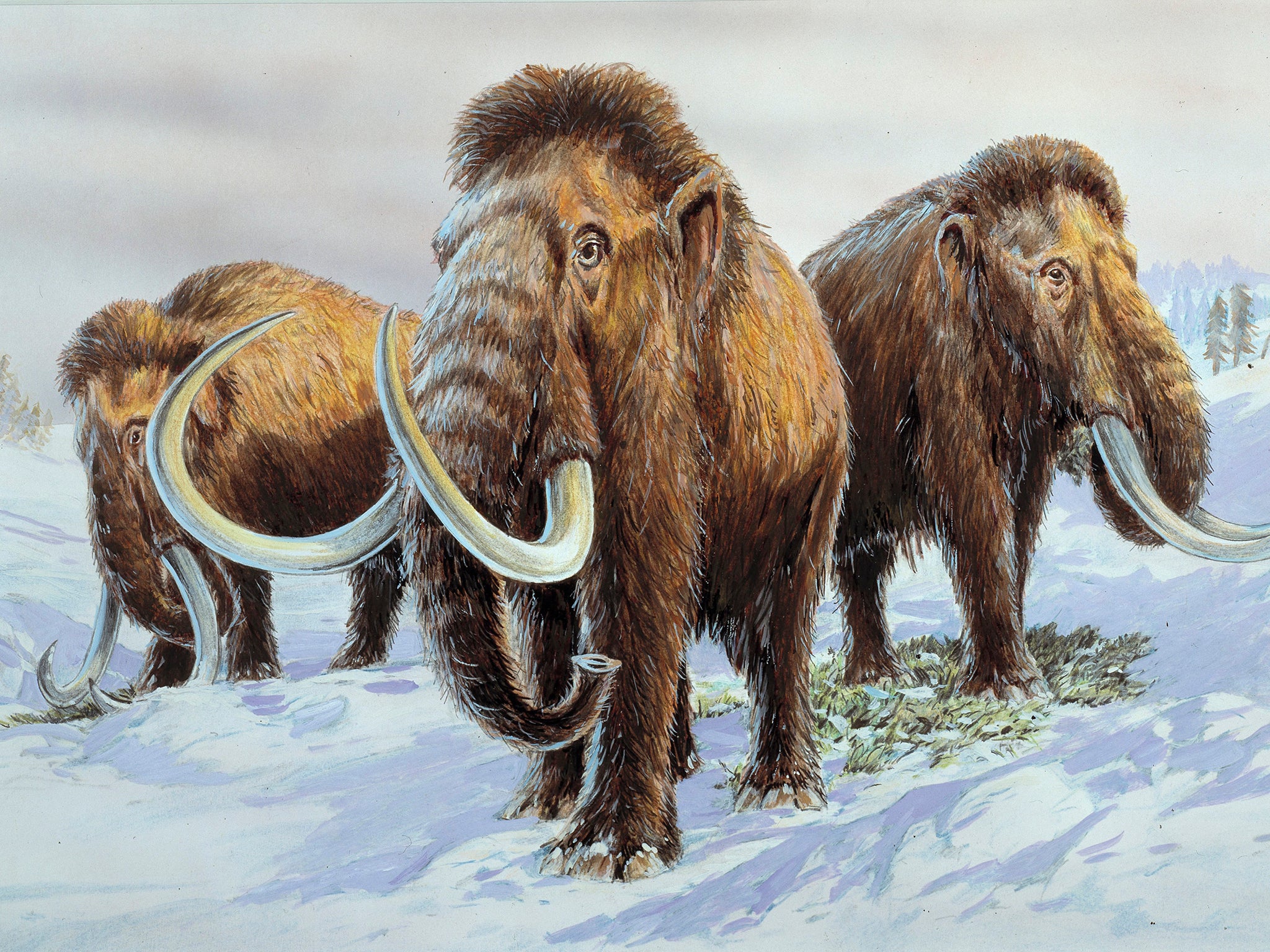If I find a Woolly Mammoth Tusk, Can I Keep It?
This last quarter we’ve heard some amazing stories about people finding valuable items, particularly the City of Seattle’s find of a wooly mammoth tusk when digging for the waterfront tunnel. If you are like us, this story probably makes you wonder what would happen if you uncovered a buried treasure or if you found a dinosaur fossil on your own property? Could you keep it and sell it for millions, or does the government have a claim? Would the goonies really have been allowed to keep One Eyed Willie’s treasure? Because we are a common-law country, we have borrowed many legal principles from our mother country England. One of these, the rule of treasure trove, governs the ownership of valuable discoveries such as dinosaur bones or buried treasure.
You might be surprised to learn that, when reduced to its simplest form, the treasure trove principle is essentially the legal embodiment of the concept of “finders-keepers.” Specifically, treasure trove refers to any property that is verifiably antiquated and has been concealed for so long that the owner is probably dead or unknown. Under the common law, a finder acquires a property right in found goods superior to all, but the true owner. The biggest qualifier in this concept is where the treasure trove was found and whether there is someone else who has a better claim to the discovered property than you do.
It is important to recognize that all of Washington’s land is owned by someone – individuals, companies, cities, counties, the state, and some federal agencies. You could be trespassing if you do not have permission to enter certain properties. Additionally, a Washington statute at RCW 27.53.045 essentially states that all historical archaeological resources in, on or under the surface of any public lands or waters owned by or under the possession, custody, or control of the state of Washington, including treasure trove, is declared to be the property of the state of Washington. Therefore, it seems that if you want to have a chance of keeping what you find, it had best be on private land.
A finder of treasure is entitled to keep it, unless the true owner steps forward. This is true, even if the treasure is found on the private land of another. It is in these circumstances that a battle of ownership occurs.. The owner of the real estate can argue that she is in constructive possession of the treasure, as it was located on her land. However, the trend of Washington statutes appears to be that it is the finder that holds title against the owner of the real estate on which the treasure was found. It is also theoretically possible for another to stake a claim as well, such as the long lost heir to the original owner of the treasure. The strength of that claim depends on the length of time since the treasure trove was hidden away, and whether the owner knew of the treasure’s existence. As you might guess, the claim loses strength when the argument is made that the owner knew the treasure was there but hadn’t gotten around to recovering it. The best claim to a buried treasure would be if you discovered it on your own property and if the true owner is unknown or a long dead pirate, such as One-Eyed Willy!
The concept of the treasure trove becomes more confusing when dealing with such things as wooly mammoth tusks. Technically speaking, finds of this nature are not treasure, nor have they been hidden away to be recovered later. It is not completely clear whether such a find would fall under the treasure trove law. However, there are many cases of such finds being made on private property and in those cases, uncovered bones were granted to the finder to do with as he pleased. Thus, it appears that application of the treasure trove principle applies in those circumstances.
Perhaps the practical question is, what should I do with such a find? Many people believe that someone who makes a discovery of any significance has a moral obligation to make the find available to the public at large. While you might be legally entitled to sell your magnificent full dinosaur skeleton to a private party for millions of dollars, should you? While the scientific and historical community might not have the same bankroll as many private collectors, it could be argued that such finds deserve to be studied and put on display. The old Indiana Jones adage of “it belongs in a museum” comes to mind. However, let’s not forget about what Aunt Spiker and Sponge did in James and the Giant Peach when they found the Giant Peach…. They sold tickets!
So this spring and summer when you are outside working on the yard or at a friend’s BBQ, keep your eyes open. If you stumble upon a wooly mammoth tusk, it may very well be yours for the keeping or for the sharing!
If you would like to learn more about related stories, you can click on the following article links:
http://www.hcn.org/articles/montanas-dueling-dinosaurs-dont-sell-at-auction






